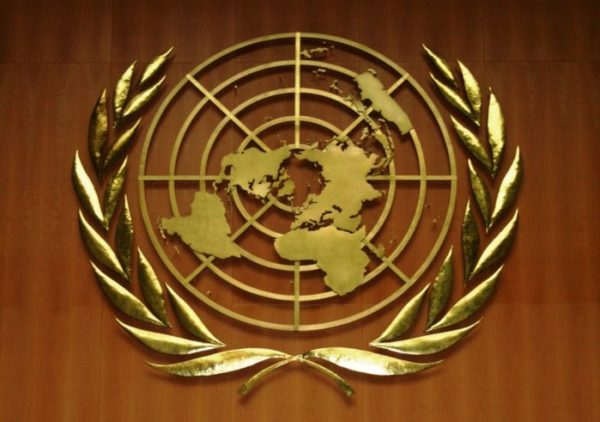
The US took the extraordinary step of pushing a unanimous resolution through the UN Security Council to exempt humanitarian aid deliveries to Afghanistan from earlier sanctions against designated terrorists now serving in the Taliban regime in Kabul.
“This humanitarian exception will allow organizations to implement the work we have planned,” UN humanitarian affairs chief Martin Griffiths said. It will “give legal assurances to the financial institutions and commercial actors we rely on to engage with humanitarian operators.”
Humanitarian operations in Afghanistan are set to be the largest anywhere in the world in 2022, reaching some 22 million people. The UN’s World Food Programme estimates that 98 per cent of Afghans do not have enough food and at least a quarter of the 40 million population are approaching famine levels. UNICEF estimates that one million children are at risk of dying from hunger as the freezing winter takes hold.
Washington faces a dilemma as do all foreign powers. Their aid could help to entrench a radical theocratic regime obsessed with imposing its version of Sunni Sharia governance at any cost upon the people instead of promoting prosperity and modernity.
On the other hand if humanitarian aid is withheld, millions of Afghan children, women and men could die from starvation, disease and violent unrest in these harsh winter months.
Some in the US and Europe think that there is no choice but to deal with the Taliban regime because its collapse could deliver Afghanistan into chaos and turn it into a very dangerous failed state. It is already under attack by Taliban rivals, the yet more extremist Islamic State Khorasan Province (ISIL-KP) and Al Qaeda. Other countries hostile to the US, including China, Pakistan, Iran and Russia, are also jostling for influence over the Taliban.
America’s Western allies had pledged $13 billion in November 2020 over the following four years but the Taliban takeover blocked those funds. About $9.5 billion of Afghan reserves held in the US and Europe are also frozen. The Afghan economy is collapsing quickly because foreign funding previously accounted for 40 per cent of gross domestic product (GDP).
The Security Council decision gives a legal pathway for humanitarian aid not to violate sanctions or run into trouble with the US Treasury. It does not establish any kind of relationship with the Taliban, who remain a pariah because they took the country through military force rather than negotiations in August this year.
Remarkably in 2021, the US will have provided nearly $474 million in humanitarian aid in Afghanistan and for Afghan refugee camps in the region, including $208 million after Kabul fell to the Taliban. The World Bank has announced $280 million in humanitarian aid to UNICEF and the World Food Programme by the end of December to fund their work in Afghanistan.
The new exemption does not authorize assistance to the Taliban regime and all aid funding goes directly to UN agencies and non-governmental organizations (NGOs). It will be spent on food aid, essential health care and other assistance to reduce the adverse impacts of COVID-19, drought, malnutrition, and the impending harsh winter.
China and Pakistan are vying for power over Kabul but neither has pockets deep enough to shoulder the burdens of a nearly destitute Afghanistan. So far, China has provided only $30 million in humanitarian aid since August.
The Taliban theocracy of radical Sunni Islamists is helpless as it confronts deeply disgruntled people reduced to scavenging for food in big cities and selling their children, especially girls, to pay for bare survival needs in rural areas. The regime is incapable of providing food and health care to even a fraction of the poor in Afghanistan.
Taliban leaders have also not honored their repeated promises to shun harsh Sharia policies, especially against girls and women. Most Afghan girls across the country are still not allowed to return to school and most female government employees have been barred from resuming their duties.
After the US invasion, Afghanistan’s GDP rose from $4 billion in 2002 to $20 billion last year. But those gains have been lost. Even the Taliban’s ferocity will not be able to beat down the Afghan people’s rage if suffering spirals this winter. The regime’s political survival now depends on humanitarian aid, provided that ISIL-KP does not disrupt deliveries to prevent the Taliban from winning the people’s trust.
Photo 18076994 © Christin Millhill | Dreamstime.com
















